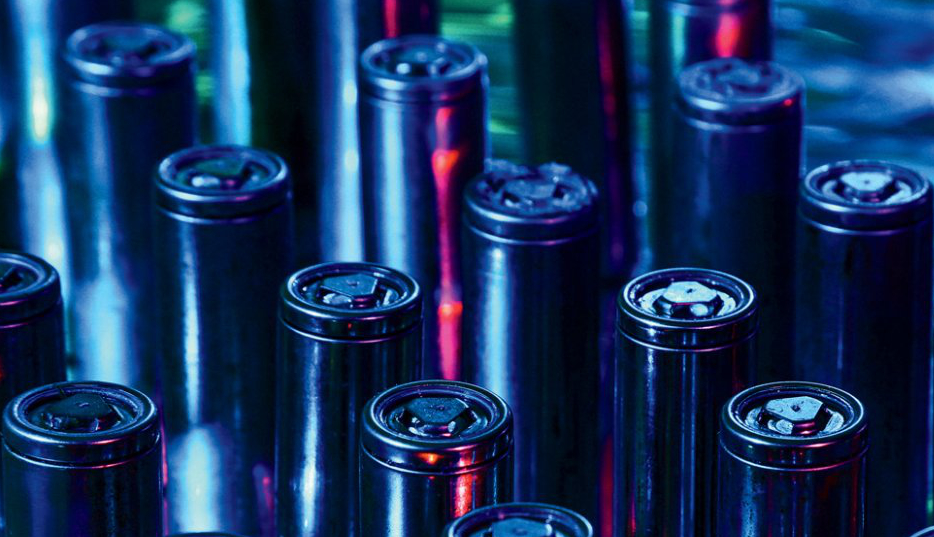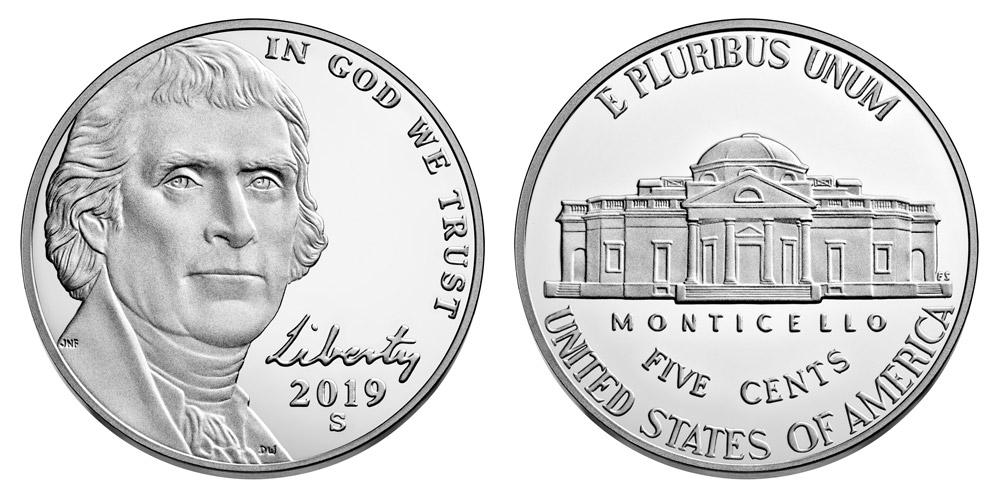5 Important Uses of Nickel

5 Important Uses of Nickel
Nickel is a silver-white metal with the element symbol Ni and a relative atomic mass of 58.69. Nickel has a density of 8.9g / cm³, a melting point of 1455 ° C, and a boiling point of 2730 ° C. Because nickel is hard, has good ductility, magnetic and corrosion resistance, and can be highly polished, it has been widely used in industry and our daily lives. In this article, we'll take a look at 5 important uses of nickel nowadays.

Important Uses of Nickel
1. Uses of Nickel in the Steel Industry
Because nickel has good corrosion resistance, high-temperature resistance, rust resistance, and other properties, it is widely used in the field of steel such as stainless steel and alloy steel.
Stainless Steel
Nickel consumption is the largest in stainless steel production, and two-thirds of the primary nickel ore in the world is used for stainless steel production. Nickel-containing stainless steel can not only resist the corrosion of the atmosphere, steam, and water, but also the corrosion of acid, alkali, and salt, so it is widely used in chemical, metallurgy, construction, and other industries.
Alloy Steel
Alloy steel is also called special steel. The types of alloy steel are different due to their different composition ratio of elements. Nickel can increase the strength of the alloy and maintain its good plasticity and toughness.
Nickel-containing alloy steel is mainly used in the manufacture of acid-resistant towers, medical equipment, daily necessities, machinery manufacturing, transportation, and the military industry.
2. Uses of Nickel in the Field of Nickel-based Alloy
Nickel-based alloys refer to a class of alloys with high strength and a certain resistance to oxidation and corrosion at a high temperature of 650 ~ 1000 ℃.
According to the main performance, nickel-based alloys can be subdivided into nickel-based heat-resistant alloys, nickel-based corrosion-resistant alloys, nickel-based wear-resistant alloys, nickel-based precision alloys, and nickel-based shape memory alloys.
Nickel-based alloys are widely used in aviation, marine, chemical, electronics, medical and energy industries. Nickel-based alloy products mainly include electric stoves, electric irons, turbine engine turbine disks, combustion chambers, turbine blades, color TV sets, and communication equipment.
3. Uses of Nickel in the Field of Electroplating
Nickel plating refers to covering a durable and corrosion-resistant coating on steel and other metals. Its corrosion resistance is 20% to 25% higher than zinc plating. Nickel-plated items are beautiful, clean, and not easily rusted.
Nickel electroplating is second only to electroplating zinc, and its consumption of nickel accounts for about 10% of the total nickel output. Nickel plating is divided into electroplated nickel and electroless nickel plating. The characteristics of electroplated nickel and electroless nickel are as follows:
Electroplated Nickel
Nickel electroplating coating has high stability in the air, crystals are extremely fine and has an excellent polishing performance. The relatively high hardness of the coating can improve the wear resistance of the surface of the product. It is widely used in optical instrument plating, protective decorative plating, etc.
Electroless Nickel
Electroless nickel plating has good thickness uniformity, no hydrogen permeation, no hydrogen embrittlement, and no need to remove hydrogen after electroless nickel plating.
Many electroless nickel plating products have better corrosion resistance and high-temperature oxidation resistance than nickel electroplating and can be deposited on the surface of various materials. Therefore, it is especially suitable for the plating of parts with complex shapes and surfaces requiring wear and corrosion resistance.
4. Uses of Nickel in the Field of Battery
Nickel is also used in the field of batteries, mainly nickel-hydrogen batteries, chromium-nickel batteries, and nickel-manganese batteries. In recent years, the fastest-growing battery is the MHx-Ni battery, which has the advantages of being non-toxic green and having no pollution, the battery reserves are 30% more than nickel-cadmium batteries, lighter than nickel-cadmium batteries, and has a longer service life.

Uses of Nickel
The MHx-Ni batteries are mainly used in mobile communications, notebooks, video recorders, and other fields. At the same time, they are also used in military industry, national defense, and high technology. Cars powered by such batteries have also been put on the market.
5. Uses of Nickel in the Field of Catalyst
Very fine nickel powder is often used as a catalyst in the chemical industry.
Nickel-based catalyst is a solid heterogeneous catalyst composed of fine grains of nickel aluminum alloy with a porous structure. It was first used as a catalyst in the hydrogenation of vegetable oil by American engineer Maury Rainey.
Conclusion
Thank you for reading our article and we hope you've enjoyed it. If you want to know more about the uses of nickel, you can visit Advanced Refractory Metals (ARM) for more information.
Headquartered in Lake Forest, California, ARM is a leading manufacturer & supplier of refractory metals around the world. We offer our customers high-quality refractory metal products such as tungsten, molybdenum, tantalum, rhenium, titanium, and zirconium, at a very competitive price.
{{item.content}}
LEVE A REPLY
{{item.children[0].content}}
{{item.content}}






